Children's eye examinations are crucial for monitoring and ensuring healthy vision development in infants, toddlers, and school-aged children. Although pediatricians usually conduct a brief vision screening at your child physical annually, these screening are not a substitute for a comprehensive examination performed by an eye doctor. A Comprehensive exams include assessments of visual acuity, eye alignment, eye teaming, focusing ability, eye health, and more. Our optometrist are full of experience on children and let them very comfortatble at out practice. We also offer children a plenty of selection of colors and styles which makes them smile. Request your eye exam and meet our fatanstic team today!
When your children have below situation, they may need eye exams:
• Routine check-ups as recommended by a pediatrician or eye care professional.
• Signs of vision problems such as eye rubbing, squinting, or complaints of headaches.
• Family history of eye conditions.
• Academic or behavioral issues related to vision.
• Failed vision screening.
• Preexisting medical conditions.
• Eye injury or trauma.
• Sudden changes in vision or eye-related symptoms.
Make an appointment with us and have your children eye exams!
Children can maintain their vision health through various practices and habits. Here are some ways children can keep their vision healthy:
• Regular Eye Exams: Schedule regular comprehensive eye examinations with an eye care professional to monitor vision development and detect any potential eye problems early.
• Healthy Diet: Encourage children to eat a balanced diet rich in fruits, vegetables, and foods high in omega-3 fatty acids, vitamin C, vitamin E, and zinc, which are beneficial for eye health.
• Limit Screen Time: Limit the amount of time children spend on digital devices such as smartphones, tablets, computers, and television to reduce the risk of digital eye strain and other related issues.
• Follow the 20-20-20 Rule: Encourage children to take breaks from screen time by following the 20-20-20 rule—take a 20-second break every 20 minutes and look at something 20 feet away to reduce eye strain.
• Outdoor Activities: Encourage children to engage in outdoor activities and sports, as studies have shown that spending time outdoors can help reduce the risk of developing myopia (nearsightedness).
• Proper Lighting: Ensure that children have adequate lighting when reading or doing close-up work to reduce eye strain.
• Protective Eyewear: Encourage children to wear protective eyewear, such as sunglasses and safety glasses, when participating in outdoor activities or sports to protect their eyes from UV rays, debris, and impact injuries.
• Good Hygiene: Teach children good hygiene habits, such as washing their hands regularly to prevent eye infections, particularly if they wear contact lenses or have allergies.
• Encourage Eye-Friendly Habits: Encourage children to practice good habits such as holding books or digital devices at an appropriate distance, maintaining proper posture, and avoiding rubbing their eyes excessively.
• Address Vision Problems Promptly: If you notice any signs of vision problems in your child, such as squinting, rubbing eyes frequently, holding objects close to the face, or complaints of headaches or blurred vision, consult an eye care professional for evaluation and appropriate treatment.
By incorporating these habits into their daily routine, children can help maintain their vision health and reduce the risk of developing vision-related problems in the future.
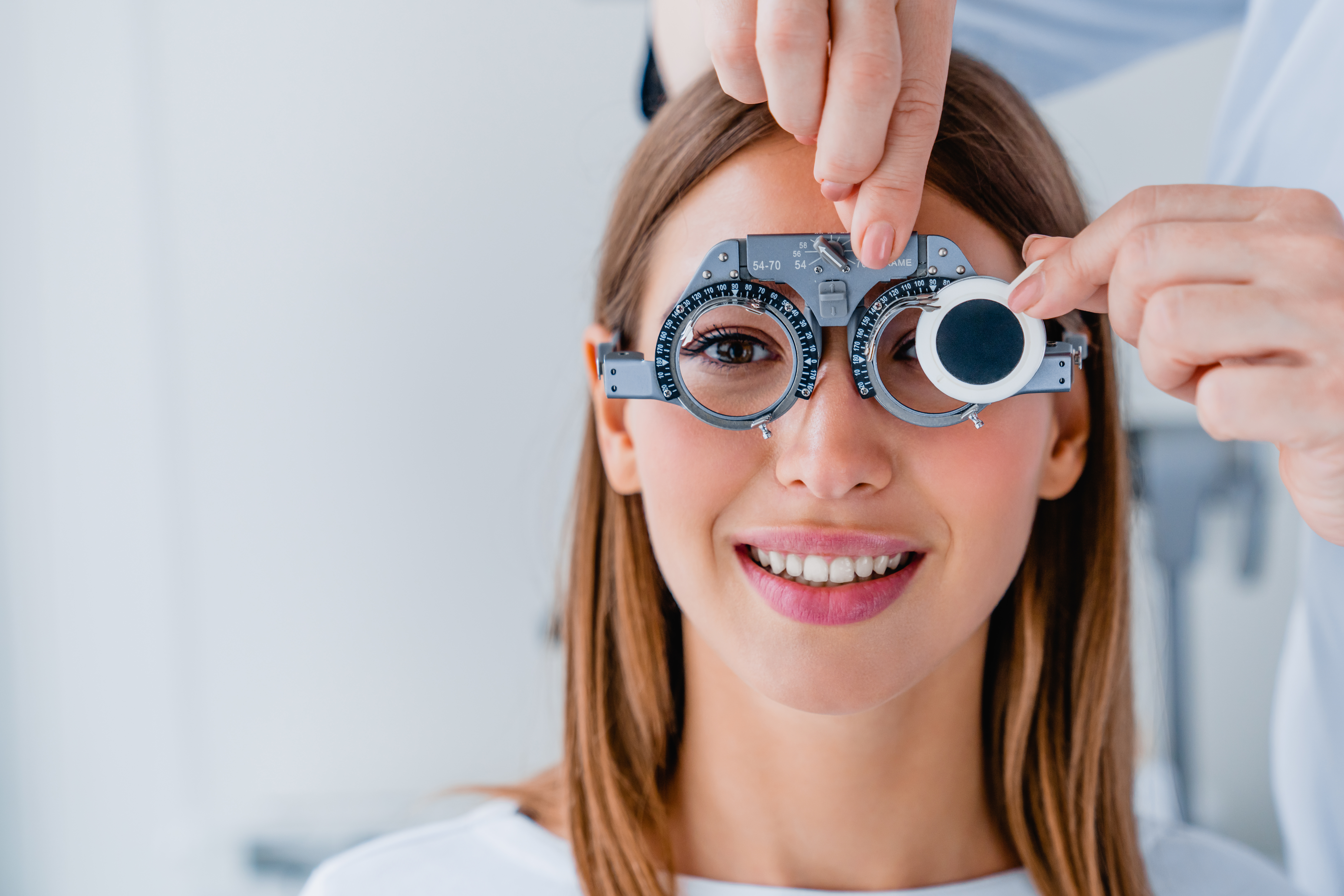
Routine Eye Check
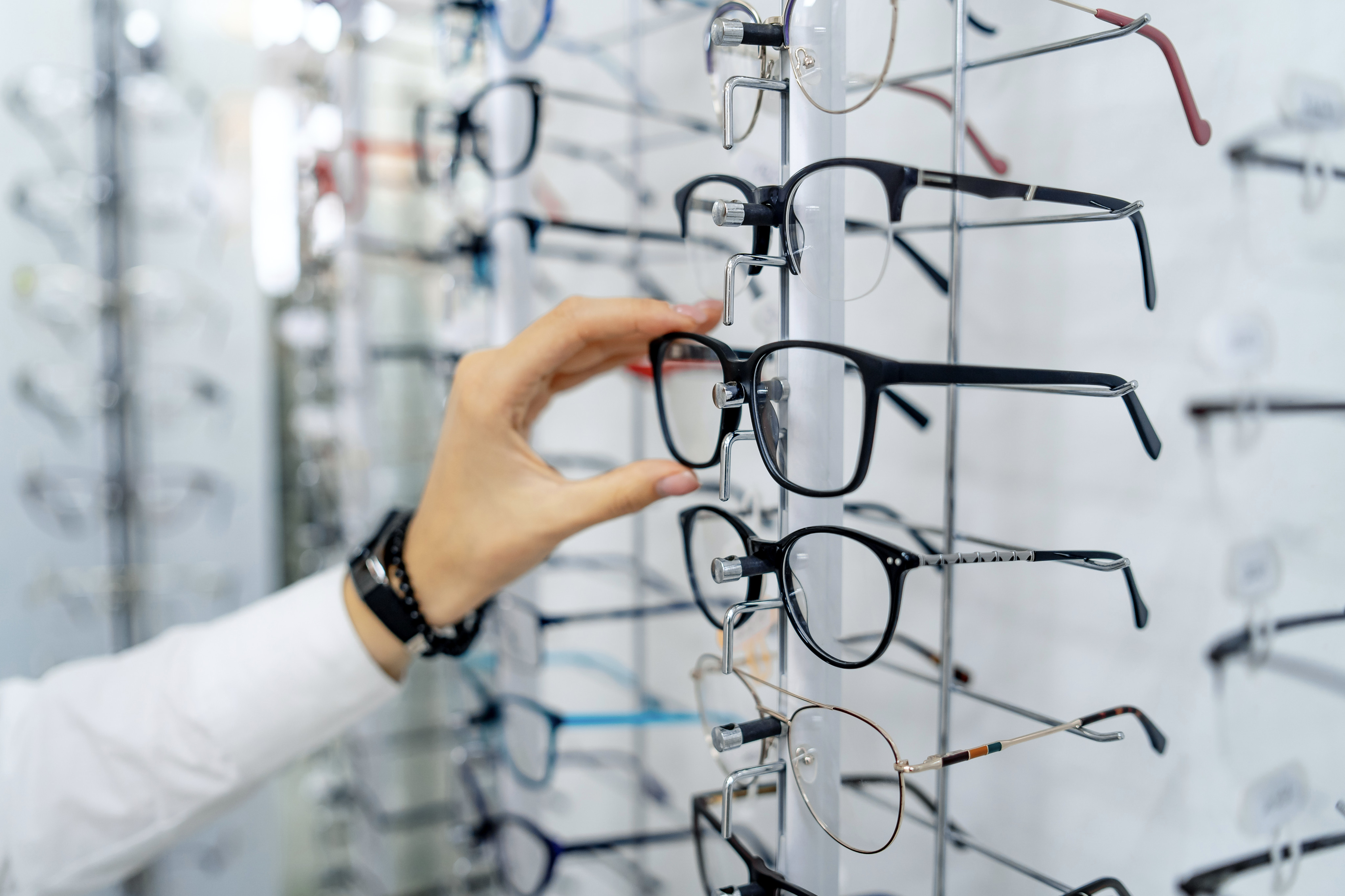
Eyeglasses Fitting
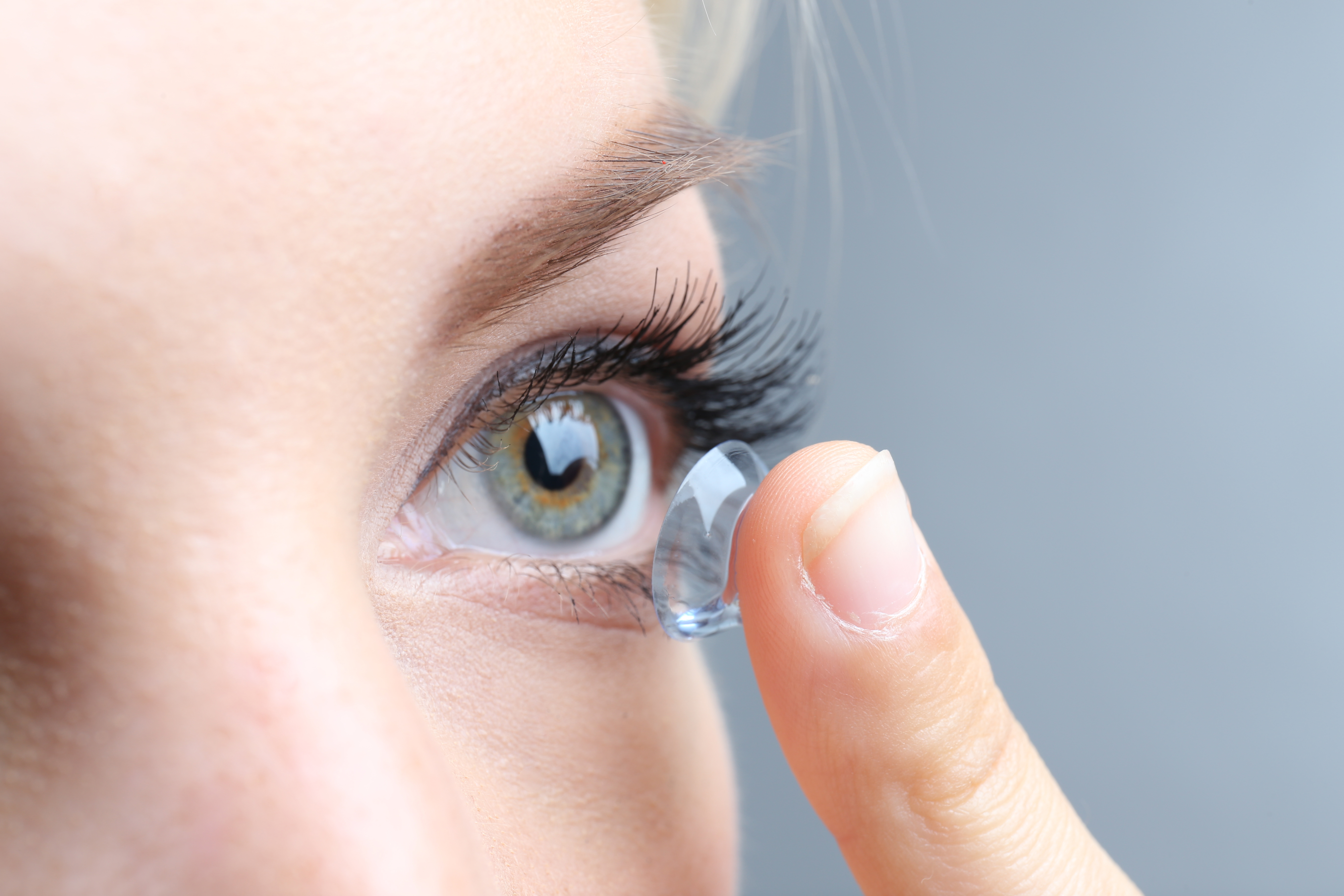
Contact Lens Services
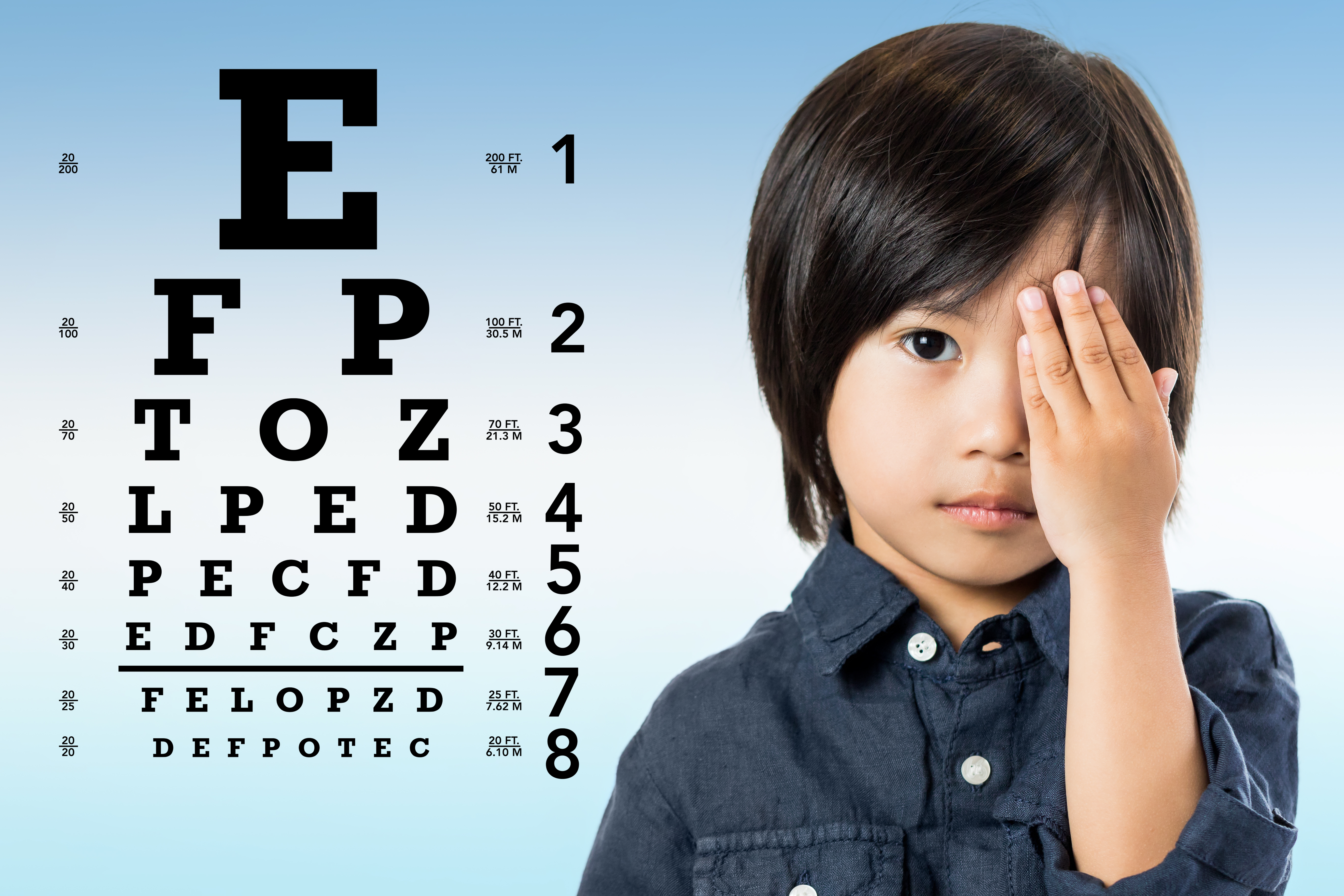
Children Eye Care
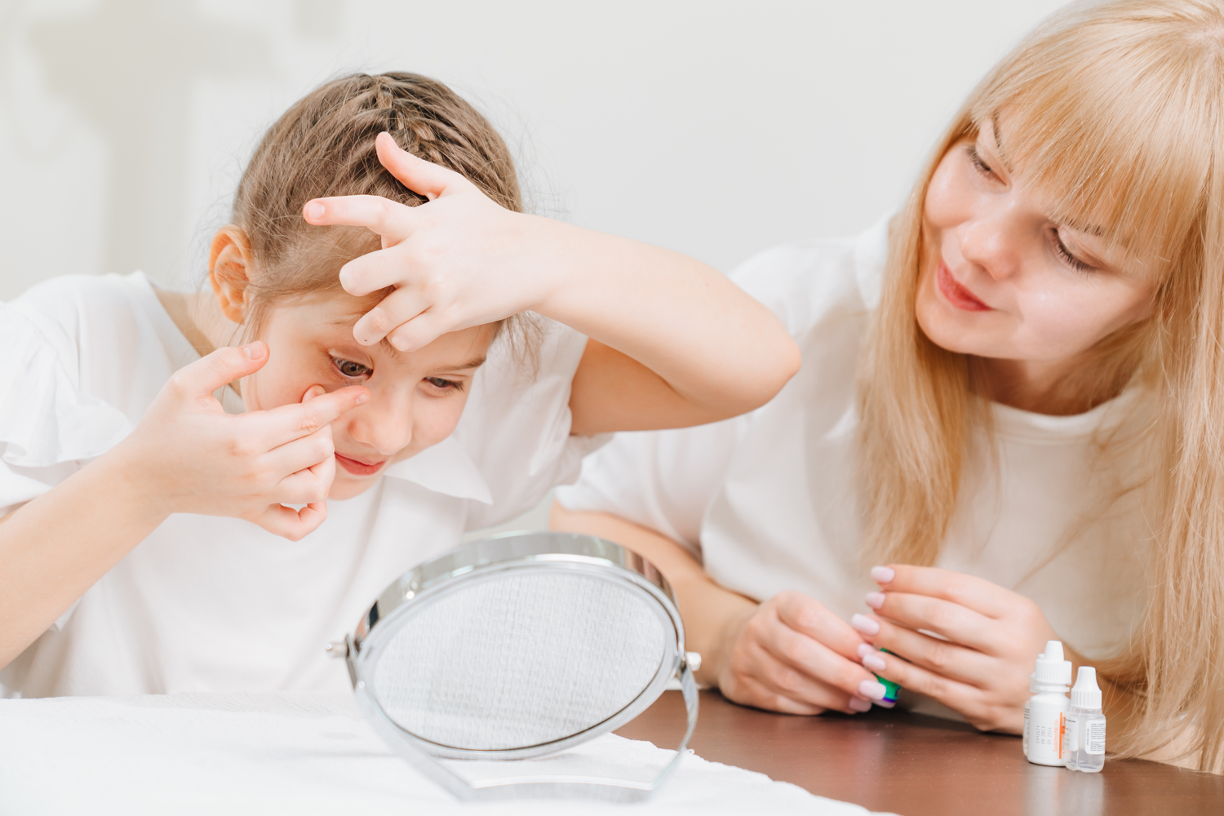
Ortho-K Lens Fitting

Misight Lens Fitting
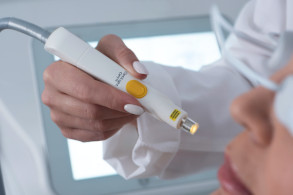
Dry Eye Treatment
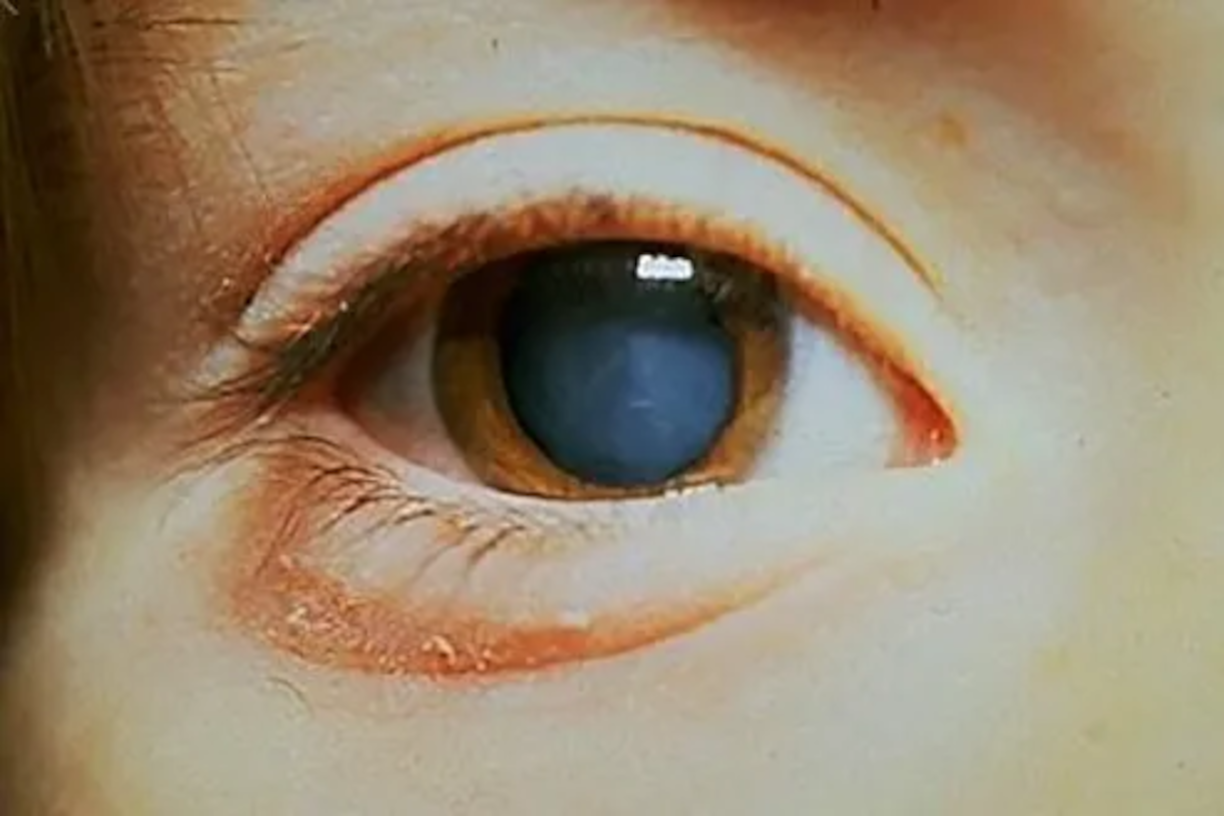
Eye Diaseases Diagnosis
